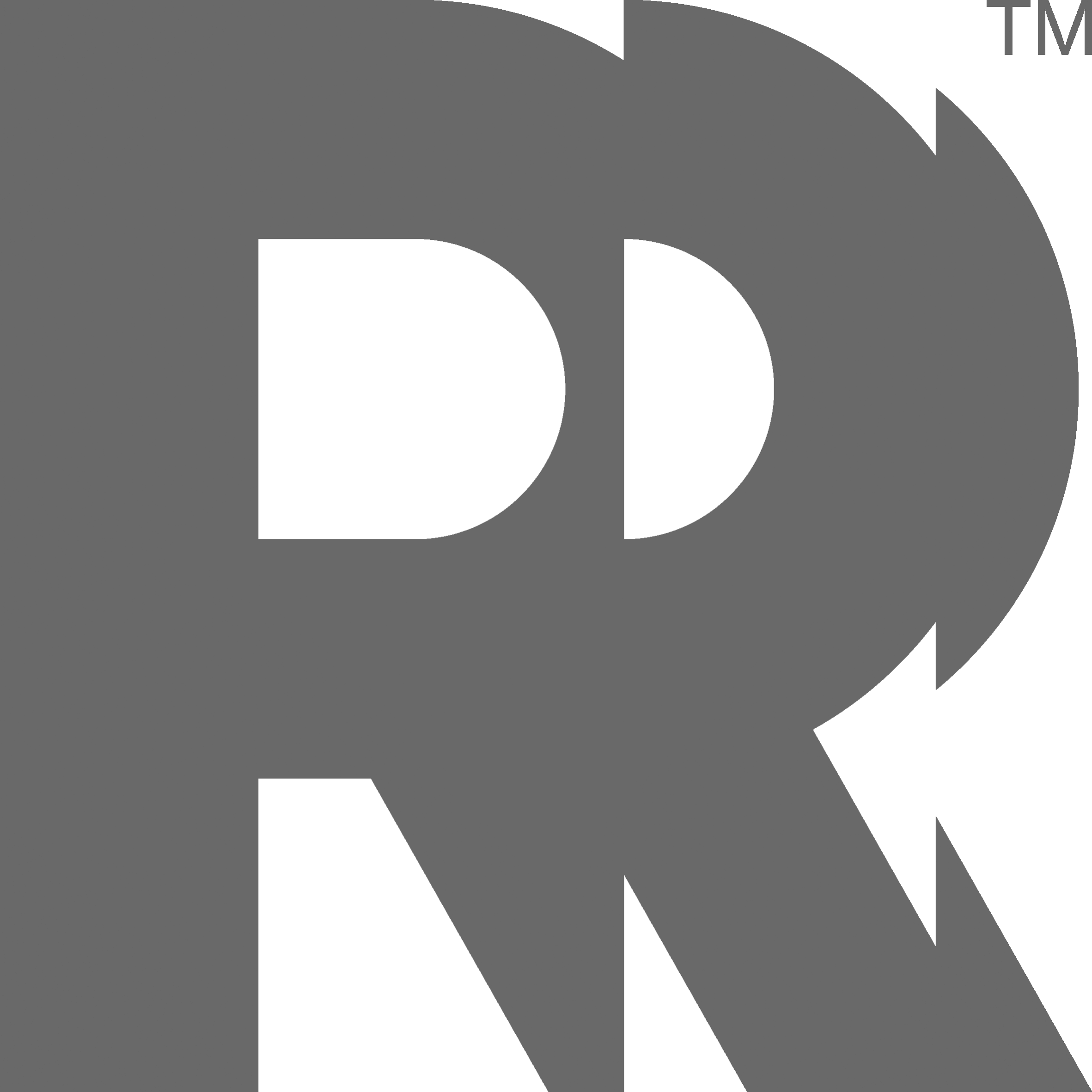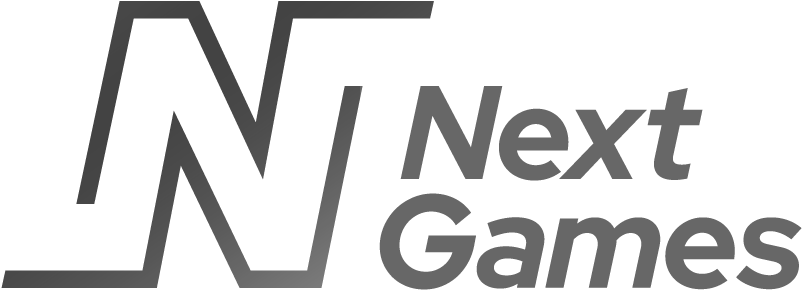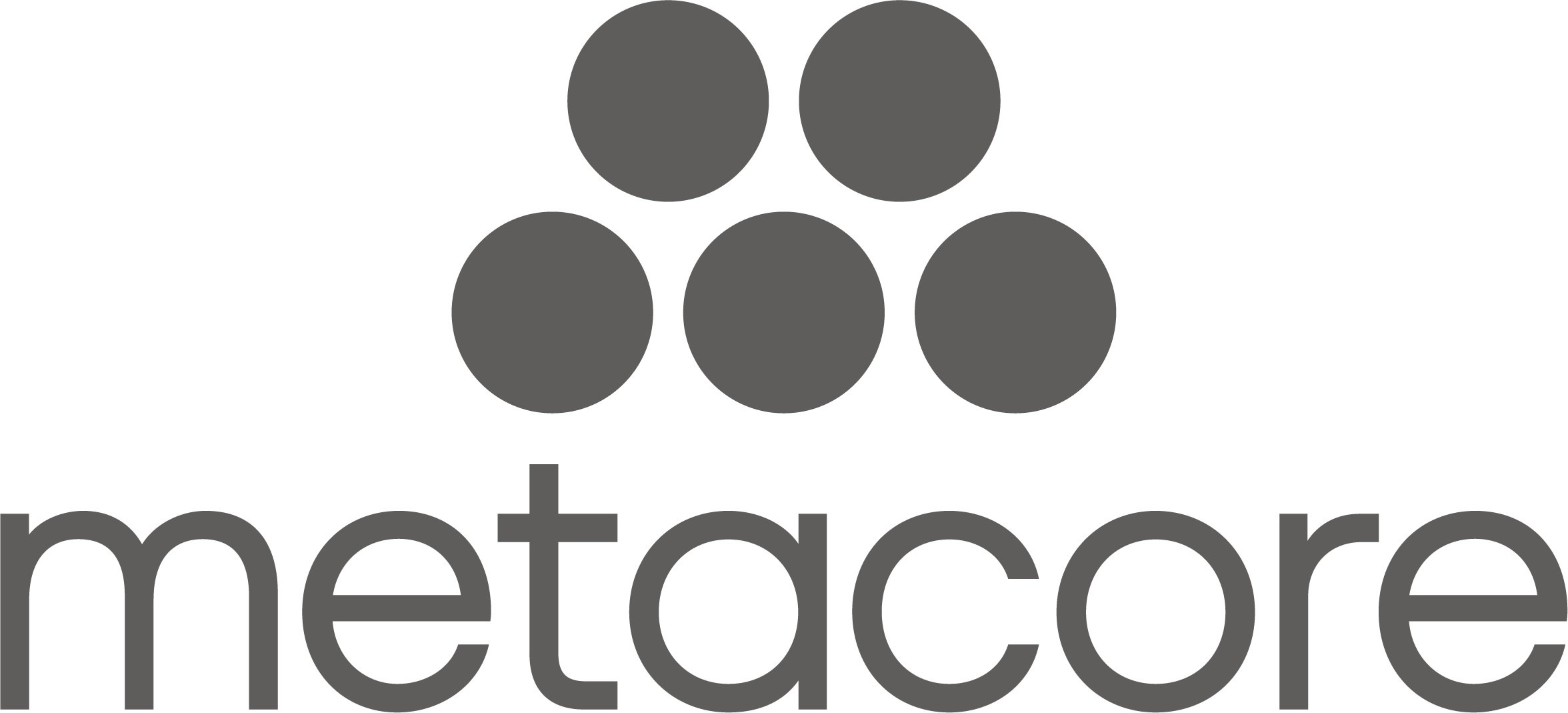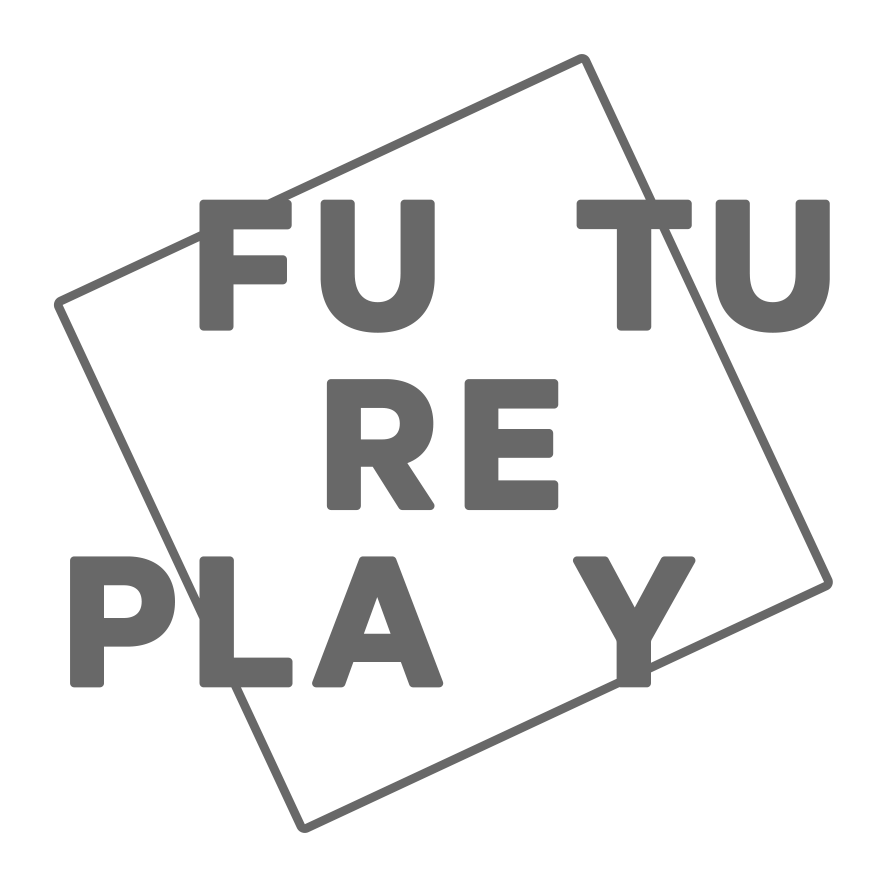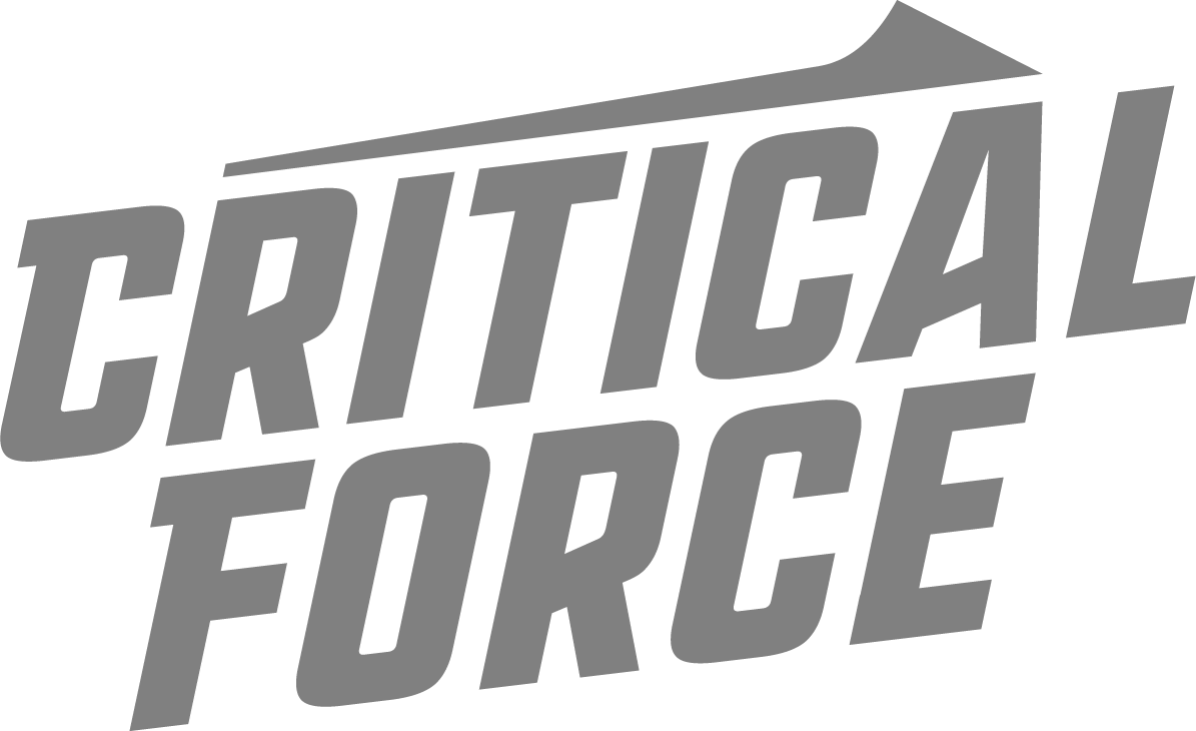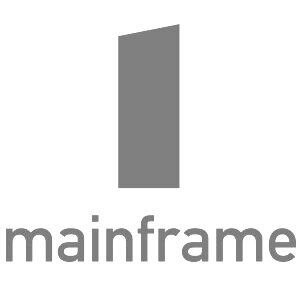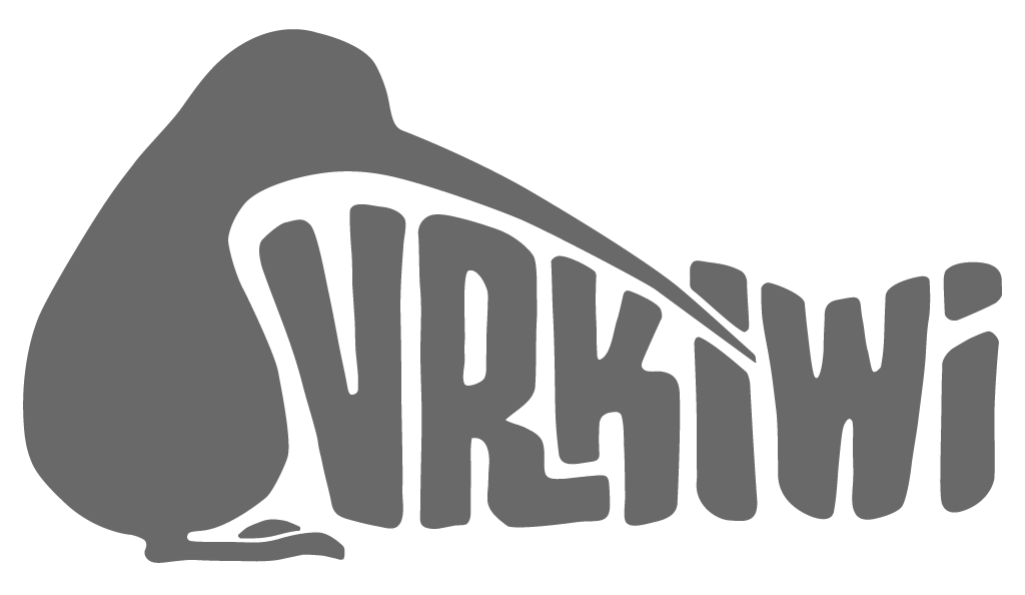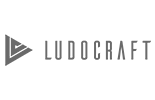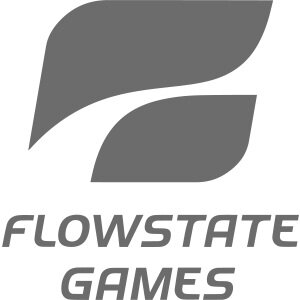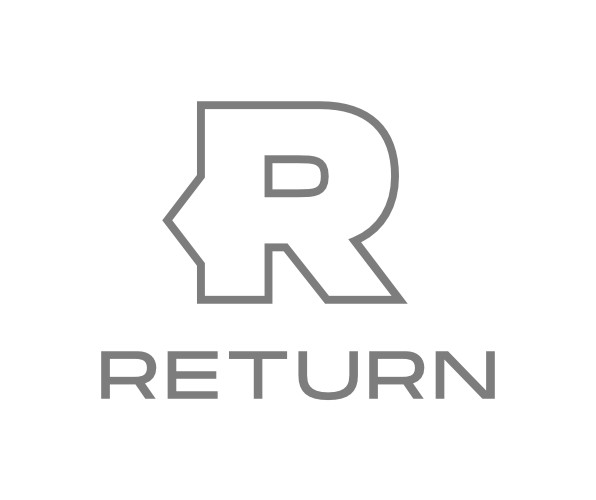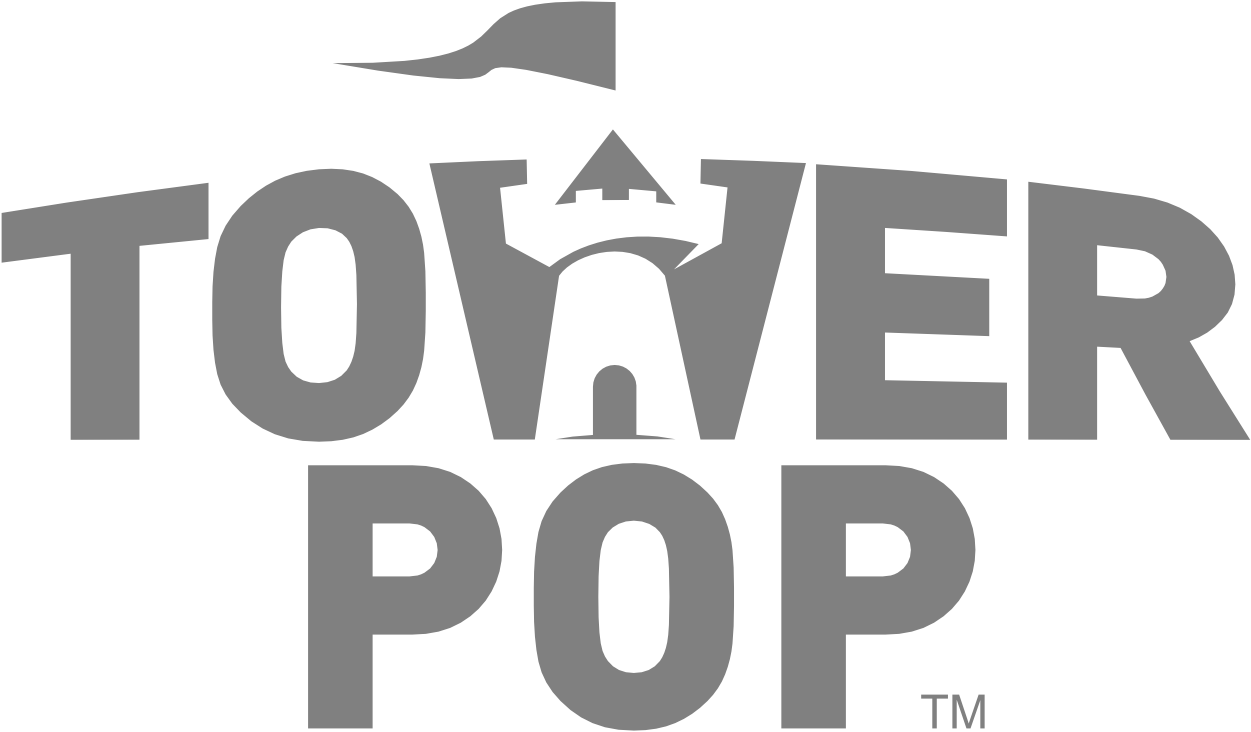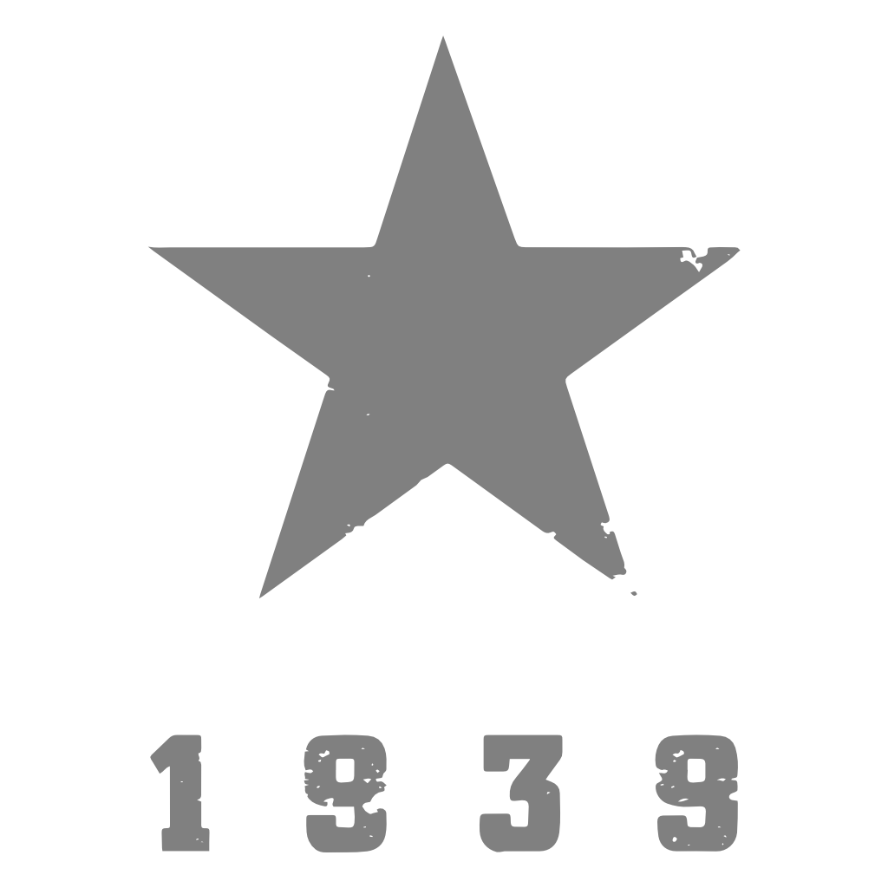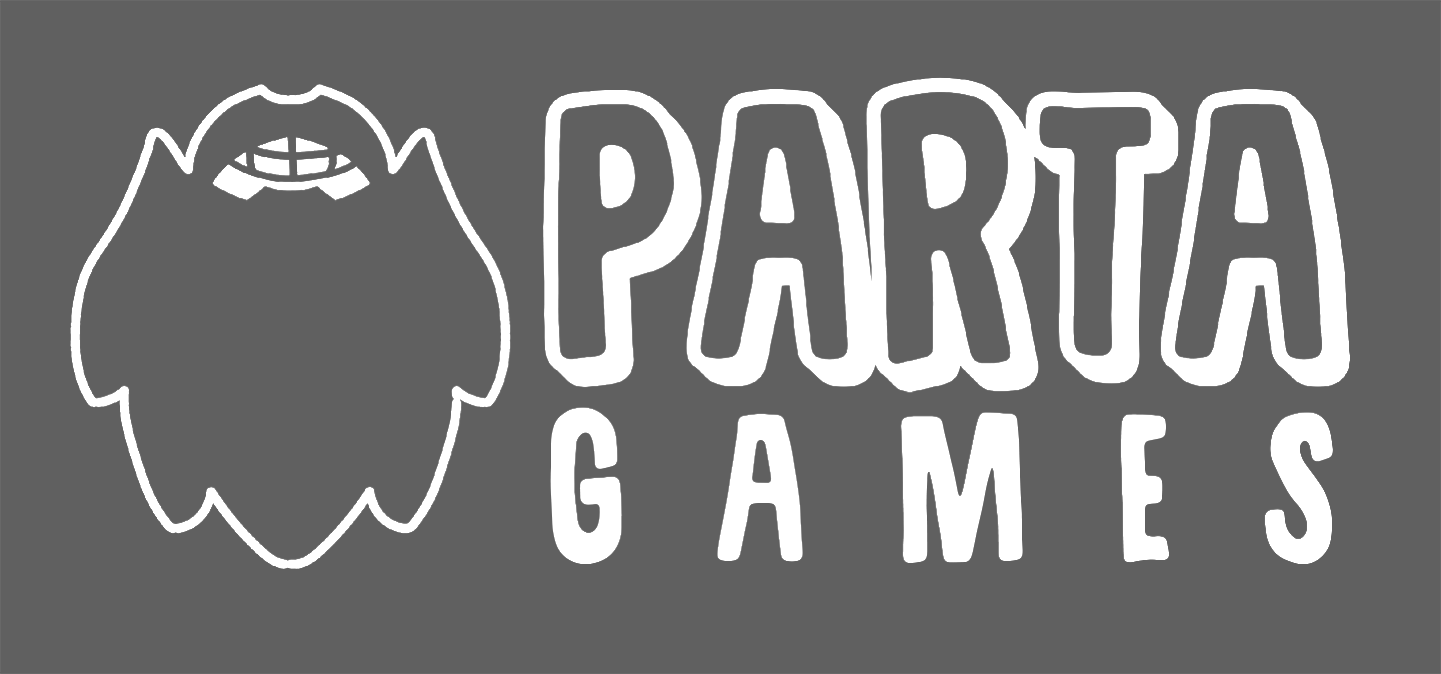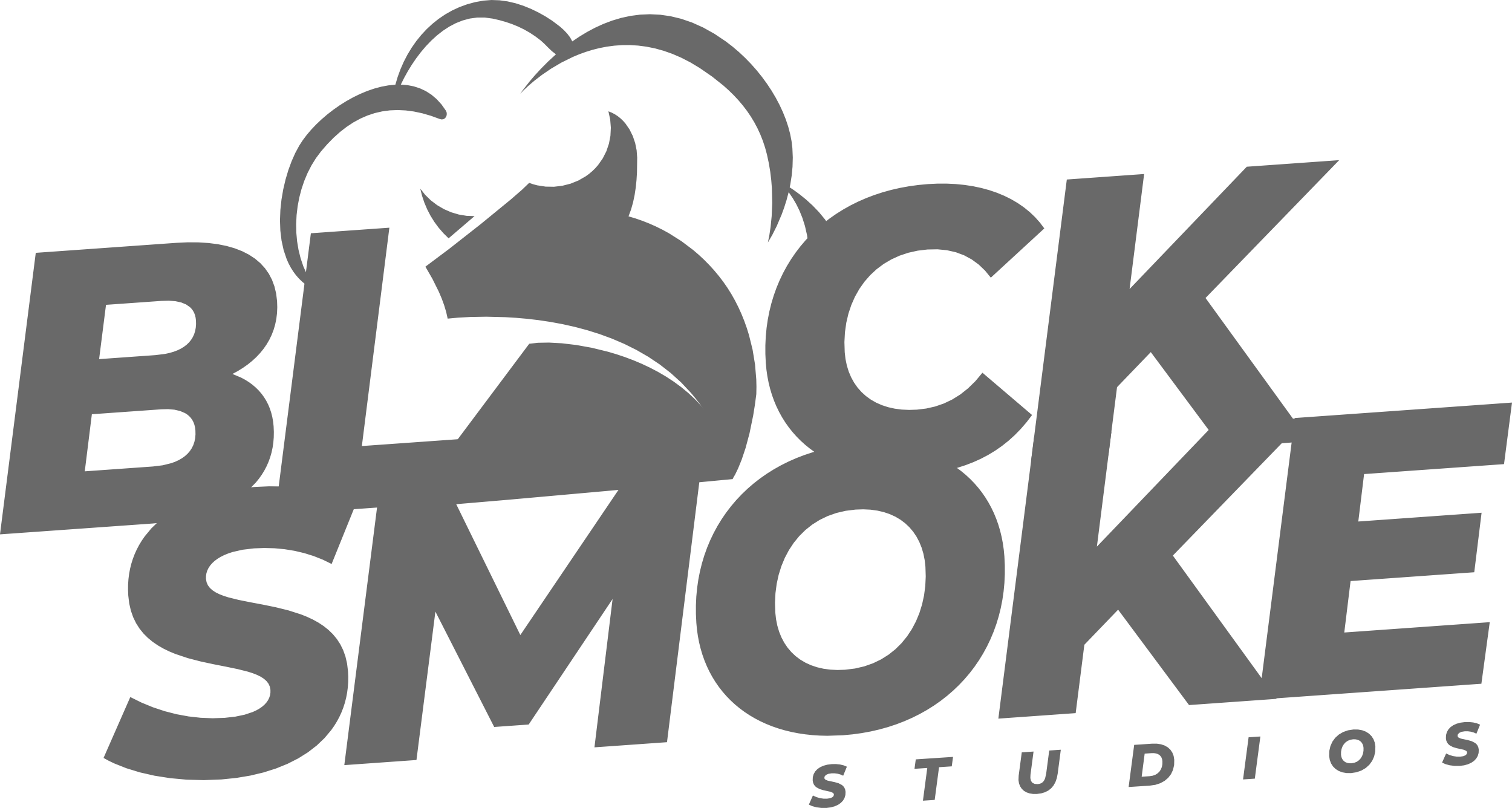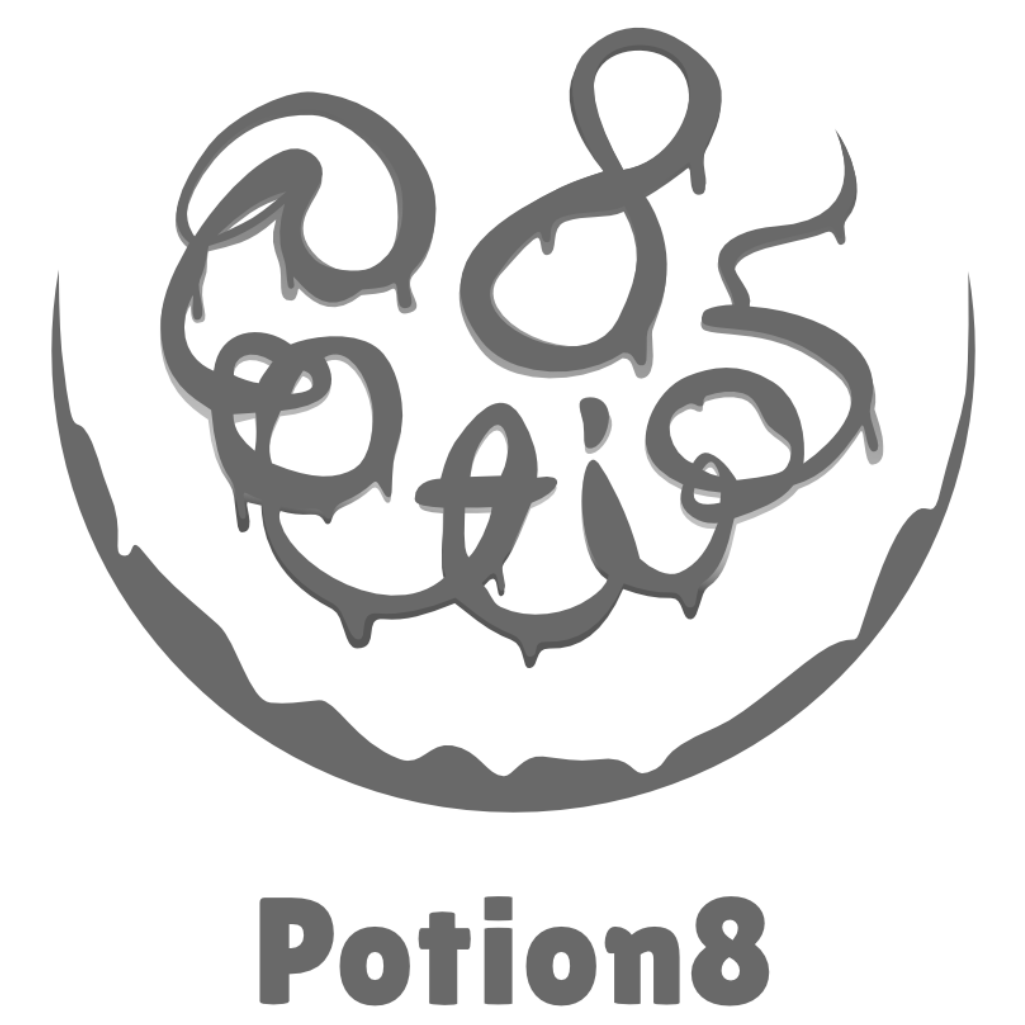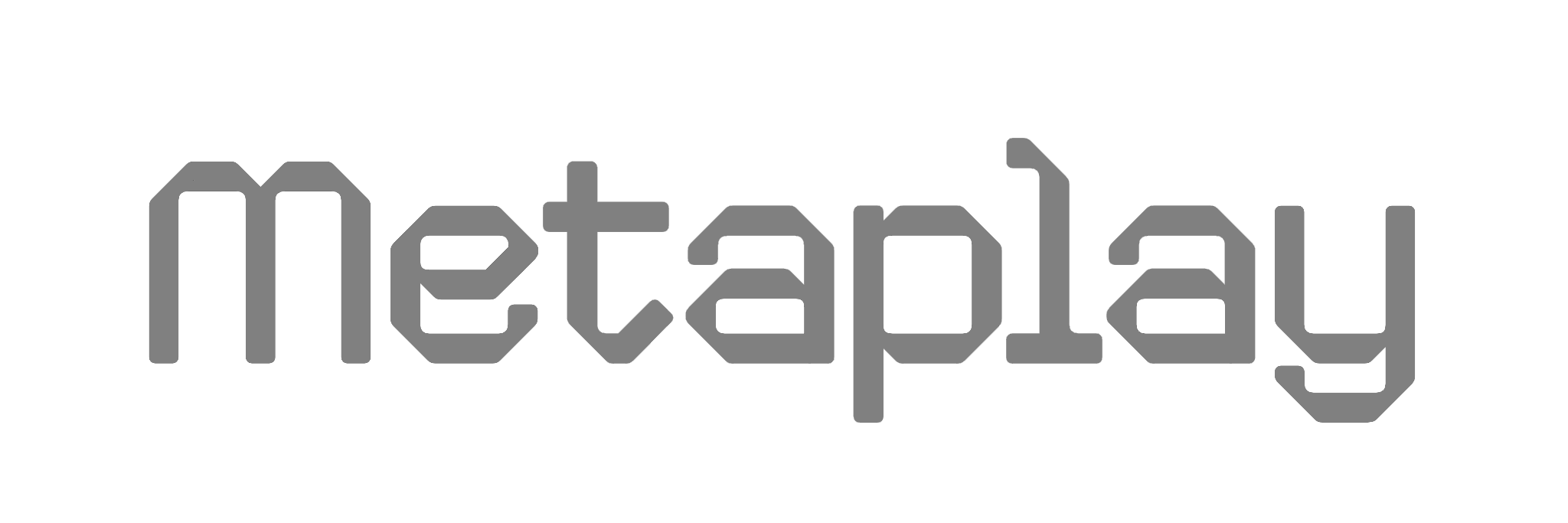Helsinki Hub: September Gathering with Aalto ENT and Game Makers of Finland
/By Giorgos Riskas
The September IGDA gathering at the Helsinki Hub was sponsored by the Aalto University Developing Entrepreneurship (Aalto ENT), a service that helps companies grow into successful business and Game Makers of Finland, the first union in the world for game industry workers.
Aalto ENT offers a collection of services that aim to offer agile and practical solutions to startup companies at the beginning of their journey as much as in later stages. Interested entrepreneurs are able to join many different educational programs and Online Courses while becoming at the same time part of the entrepreneurship ecosystem of Aalto University.
The main goal of Game Makers of Finland is to ensure that workers and students alike get the required tools and training to prepare them to face the challenges of working in the games industry today.
Apprien and Pocket Gamer joined the event as partners offering 200 goodie bags and a 20% discount for the participants of Pocket Gamer Helsinki respectively.
Left to right: Panelists Arja Martikainen, Taina Myöhänen, Natasha Skult, Veli-Pekka Piirainen, with moderators Milla Pennanen and Sami Vuolanne. Photo by Jesse Eloranta.
Milla Pennanen and Sami Vuolanne, Coordinator and Vice President of Game Makers of Finland respectively, organized an in-depth panel discussion about Education and Training in the Finnish game industry and tried to answer all the questions that were planned for the seminar, as well as the questions asked by the audience. During this process, the audience was able to participate by answering survey questions via an online platform.
The topics of education, benefits of training and diversity were discussed by a diverse panel of professionals- that included Arja Martikainen, Business Owner at Northstar, Natasha Skult, CEO at MiTale, Veli-Pekka Piirainen, founder and Chairman of the Board at Critical Force and Taina Myöhänen, President of Women in Games Finland.
The conversation started with a question about the importance of industry-related education. The speakers acknowledged how good education can always be helpful but they did not stay on that. They shared some cases where professionals coming from different backgrounds found their way in the industry and had successful careers as proof that one’s passion for what they like can cover for the lack of education and lead them forward.
Spiritual father of the Kajaani game development scene, Veli-Pekka Piirainen of Critical Force, chatting with the audience following the panel discussion. Photo by Casimir Kuusela.
When asked if the education in the industry has changed, the speakers unanimously agreed that the field looks very different if compared to 15 or even 10 years ago. There used to be considerably fewer options while most of the games specific studies were not even existent. Of course, having more education options available eventually creates more competition and thus game industry workers should be more flexible and adaptable.
Different learning methods require different disciplines but what they all have in common is that they work more efficiently if the learner is genuinely interested in the subject. Studying theory helps to avoid the mistakes that others did before and learning by doing is a very common hands-on approach that is followed often in the industry, but at the end of the day it comes down to personal preference on which method is the best.
When asked if there is a shortage of experts in the industry, the speakers agreed that it is indeed an issue, especially further away from Helsinki that seems to have most of the jobs and attracts most of the talent. It is the industry’s responsibility to bring in new blood and keep a diverse and healthy mix of different talents, ideas, and backgrounds among the employees.
The foreigners that come to Finland to fill some of the mentioned positions, usually find their working life calm and not very stressful, but many of them have reportedly suffered from loneliness in their personal lives. To deal with the issue a program has been created to welcome foreigners to Finland and make them part of the community that has its door open to everyone.
The conversation concluded on a positive note, talking about the benefits of education in Finland. The speakers and audience agreed that educational institutions offer good support to their students regarding the study material they offer, the opportunity to study for free, the team projects they get to work on, the competitions and game jams they get to participate and the opportunities to start networking in the industry.
Expert advice from mentors and coaches in the Networking Demo Corner. Photo by Casimir Kuusela.
After the seminar ended, the attendees had the chance to get some free advice from experienced mentors and coaches at the Networking Demo Corner about how to improve their networking skills and portfolio.







